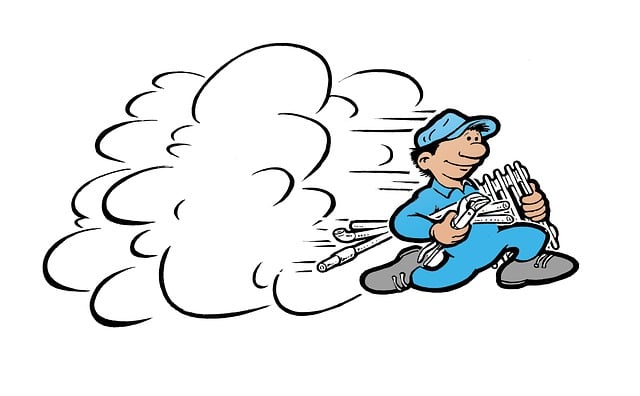Older central heating systems become less efficient over time, leading to higher energy bills and frequent breakdowns. Modern alternatives like heat pumps and underfloor heating offer eco-friendly, energy-efficient options with better climate control. Upgrading to a new central heating installation can save money, reduce environmental impact, and eliminate cold spots in your home. Consider modern systems for improved comfort, reduced utility costs, and long-term efficiency gains.
Is your home feeling less like a haven and more like a chilly challenge? It might be time to consider new central heating. Age, energy bills, frequent breakdowns, inconsistent temperature control, and discomfort can all signal that your current system is struggling. Upgrading to a modern, efficient central heating installation can enhance comfort, save money, and ensure your home stays cozy year-round. Read on to explore these key indicators and learn why investing in new central heating could be one of the best decisions for your home.
- Age of Your Heating System
- Increased Energy Bills
- Frequent Breakdown Patterns
- Inadequate Temperature Regulation
- Home Comfort and Efficiency Concerns
Age of Your Heating System
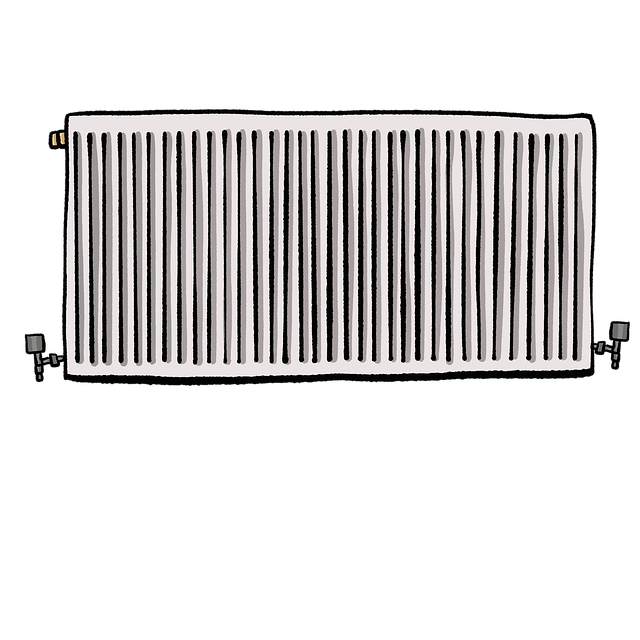
The age of your central heating system is a significant indicator of whether it’s time for an upgrade. As with any technology, heaters have a lifespan, and their performance tends to diminish over time. If your heater is more than 15 years old, it might be showing signs of wear and tear that indicate its efficiency is declining. Older systems often lack modern features that promote energy efficiency, such as smart thermostats or advanced heat distribution mechanisms.
Consider the environmental impact and potential savings when evaluating your options for a new central heating installation. Today, there are numerous eco-friendly and energy-efficient central heating options available, including electrical considerations like heat pumps and underfloor heating. These alternatives can significantly reduce energy consumption and associated costs, making them attractive choices for those looking to transition to greener homes while enjoying improved comfort and control over their indoor climate. Additionally, focusing on adequate insulation during the installation process is vital to enhancing energy efficiency throughout your entire home.
Increased Energy Bills
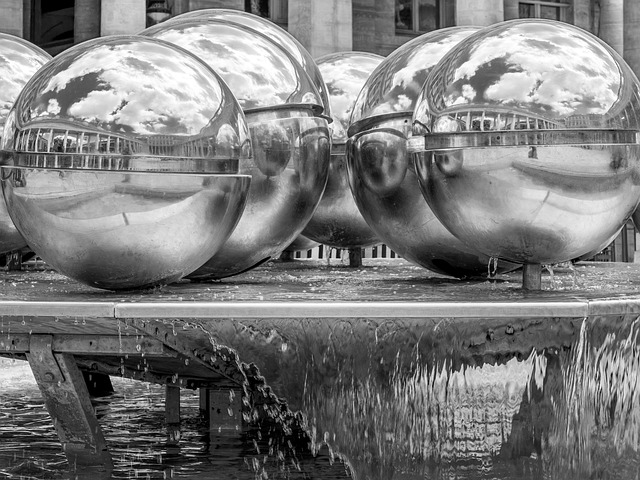
If your energy bills have been on the rise, it might be time to consider a new central heating installation. One of the most obvious signs that your current system is inefficient is increased utility expenses. As central heating systems age, they can lose their effectiveness, leading to higher energy consumption and subsequent financial strain.
Upgrading to a modern, energy-efficient model could significantly reduce these costs. Not only will a new central heating install improve the overall comfort of your home by providing consistent and efficient warmth, but it can also help you save money in the long run, especially when combined with improvements in home insulation and thermostat adjustments for better heating control.
Frequent Breakdown Patterns
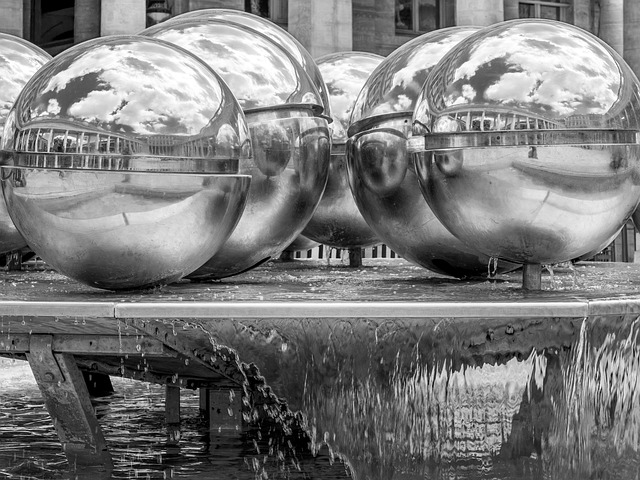
If your central heating system is frequently breaking down, it could be a clear sign that it’s time for an upgrade. Over time, old or poorly maintained boilers and radiators can become less efficient, leading to frequent malfunctions. These breakdown patterns often manifest as sudden and unexpected failures, leaving you without warmth during the colder months.
For instance, if your system is requiring constant repairs or needs emergency plumber Bromsgrove interventions, it might be a good time to consider a complete overhaul. Even signs like reduced hot water output, uneven heating throughout your home, or persistent noise could indicate that your central heating installation is no longer functioning optimally. An attic-based system, for example, may struggle to distribute heat evenly if the insulation or ductwork has degraded over time.
Inadequate Temperature Regulation
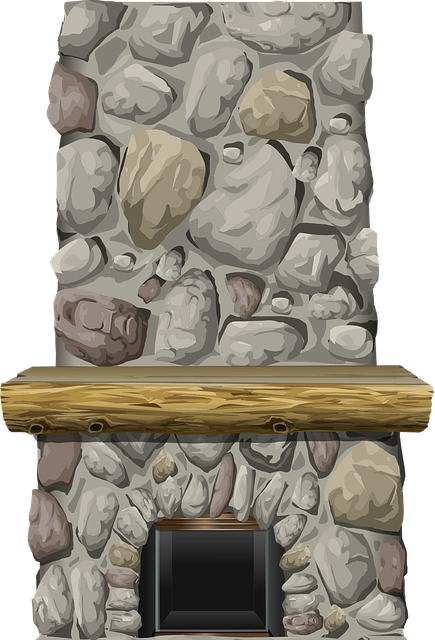
If your home is struggling to maintain a comfortable temperature, it might be time to consider a new central heating installation. Inadequate temperature regulation is one of the clearest signs that your current system is not functioning optimally. You may notice cold spots in certain rooms or find that your thermostat constantly needs adjusting. This inconsistency can lead to energy wastage and higher utility bills, as the system works overtime to heat up or cool down the space.
Understanding ducted and vented central heating systems, along with comparing fuel types and prices for central heating installation, can help homeowners make informed decisions. Newer systems often come with advanced thermostats that allow for precise temperature control, ensuring every room is comfortable without excessive energy consumption. This not only benefits your comfort but also has a positive impact on the environment and your wallet in the long run.
Home Comfort and Efficiency Concerns
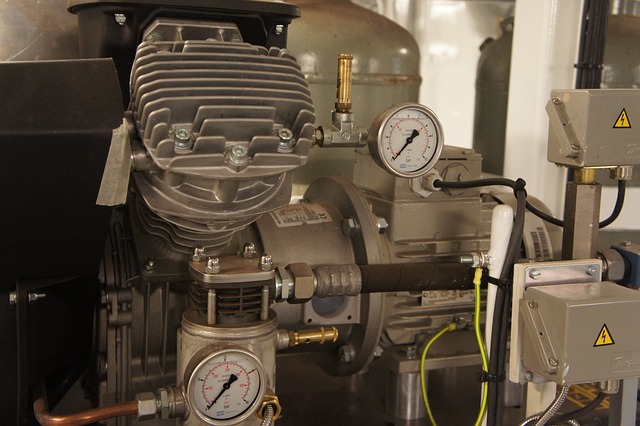
If your home is feeling less like a sanctuary and more like a chilly challenge, it might be time to consider a new central heating installation. Beyond comfort, efficiency concerns should prompt you to evaluate your current system. An outdated or malfunctioning central heating unit can lead to significant energy wastage, driving up your utility costs unnecessarily.
Inadequate venting, whether due to blocked ducts or improper installation, can result in poor air circulation and uneven temperature distribution throughout your space. Additionally, older systems may be less efficient, especially when relying on oil as a fuel source. Upgrading to a modern, high-efficiency central heating system not only promises enhanced comfort but also offers long-term savings on your energy bills.
If your central heating system is showing signs of age, such as frequent breakdowns or inadequate temperature regulation, it may be time for a new installation. Increased energy bills and home comfort concerns are also strong indicators that an upgrade could significantly improve efficiency and save you money in the long run. Don’t ignore these cues – consider replacing your old system with modern, efficient central heating to create a more comfortable and sustainable living environment.
